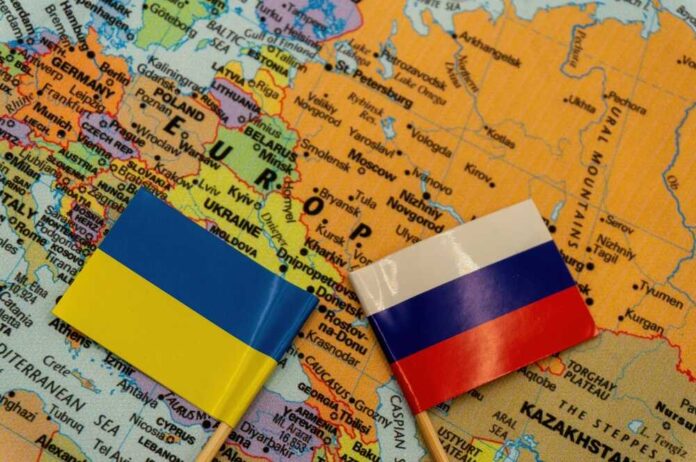
To alleviate a rising worldwide food scarcity caused partly by Russia’s refusal to let Ukrainian exports depart for months, the United Nations and Turkey first mediated a Black Sea deal last July. Russia had threatened to pull out of the accord this week unless concessions were made despite multiple delays.
On Wednesday, Turkish President Recep Tayyip Erdogan claimed that he had secured an extension of the agreement with Russian authorities to allow Ukrainian grain exports to leave via the Black Sea.
The new agreement has a duration of two months, through July 18. The initial 120-day term of the arrangement was extended. This week marks the end of the 60-day extension granted on March 18.
Erdogan reportedly told the AP that he had good news to share — An additional two months have been added to the Black Sea Grain Initiative thanks to the combined efforts of the United States, Russia, and Ukraine.
Maria Zakharova, a spokeswoman for the Russian Foreign Ministry, confirmed the agreement, calling it a chance to aid with global food security, and not with words but with deeds, to help the countries that could use it the most.
It is unclear what, if any, concessions were provided to the Russians to extend the arrangement, but they likely involved Russia’s exports and the disconnection of the Russian Agricultural Bank from the Swift payment system.
Ukrainian Minister of Communities, Regions, and Infrastructure Development Oleksandr Kubrakov confirmed the extension of the grain contract on Facebook.
According to U.S. Department of State Sanctions Coordination Office Chief Ambassador Jim O’Brien, Ukraine’s exports dropped to about zero from nearly 6 million tons monthly after the Russian invasion. O’Brien noted that that fed a lot of people.
However, in the past year or so, with the agreement in place, Ukraine has been able to export almost 56 million tons of grain, of which approximately 29 million tons came through the Black Sea Grain Initiative, and the remaining direct shipments were made through the European Union’s solidarity lanes.














